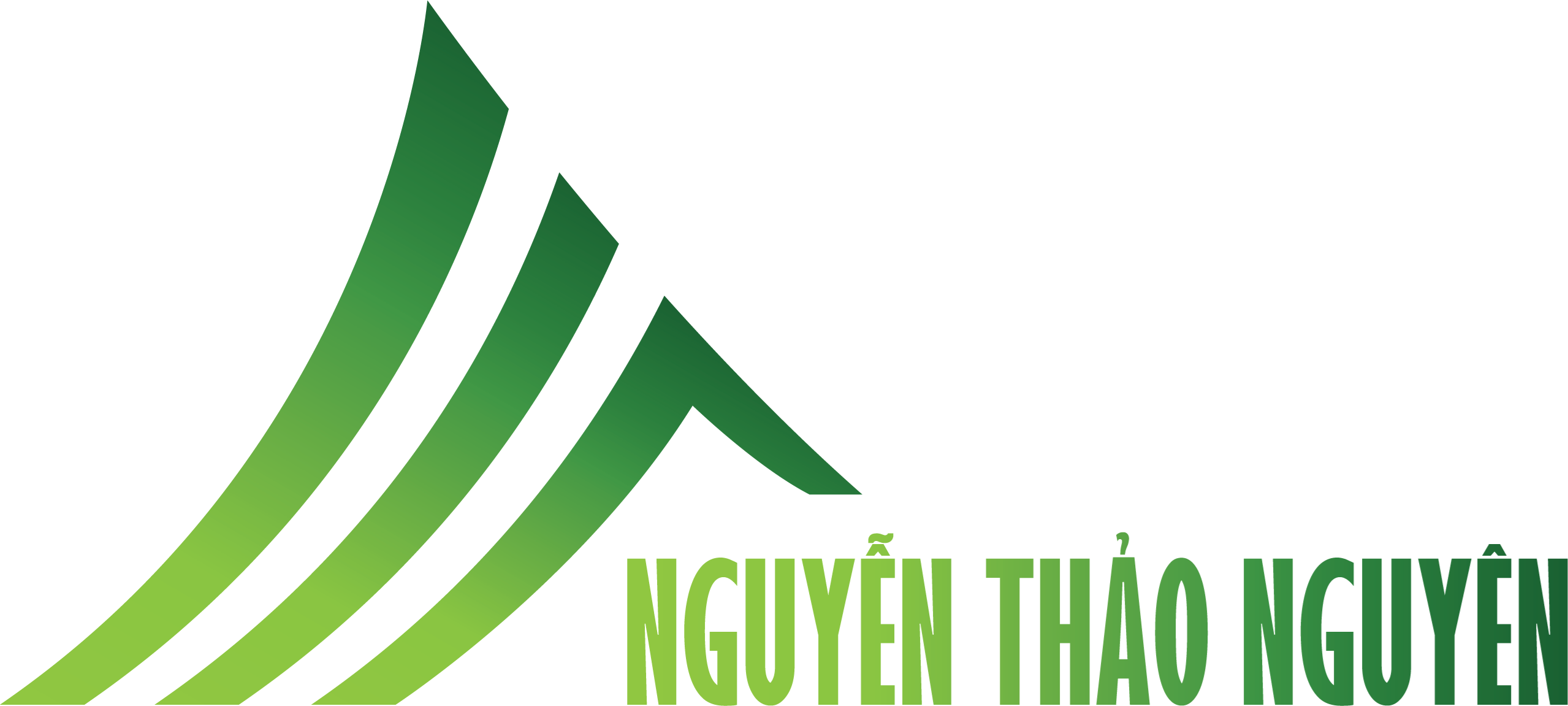1. Training objectives
General objective
The Agricultural Economics programme (AE) provides students withcomprehensive knowledge in economics and applications in agriculture;and highly adaptable to real conditions of workplace. The programme also trains student to develop and effectively use communication skills, independent working skills, teamwork to work, study and research in the field of agricultural economics.
Specific objectives
The AE programme provides students with
- PO1: Basic knowledge, foundation knowledge and specialised knowledge in the field of agricultural economics
- PO2: Professional, analytical, and problem solving skills, and creative thinking to apply socio-economic knowledge systems to work, research, and technology transfer
- PO3: Communication skills, independent working skills, and teamwork skills to work, study and research in the field of agricultural economics
- PO4: Proper attitude to fulfilling social needs, taking social responsibilities, observing work ethics, and engaging in life-long learning
2. Expected learning outcomes of the programme
When completing the AE programme, the graduates are expected to:
A. Knowledge
General Knowledge
PLO 1: Analyze and evaluate the scientific knowledge system on the basic principles of Marxism-Leninism; Ho Chi Minh ideology; guidelines of the Party and laws of the State; apply this scientific knowledge into real life
Professional Knowledge
PLO 2: Analyze economic theories dealing with organizing policy implementation, project management, and the establishment of development strategies at administrative and professional management levels, and businesses in agricultural economics
PLO 3: Analyze managerial theories to evaluate and propose applications, transfer technology applications in agribusiness and rural development associated with market demand and economic organizations
B. Skills
Professional skills
PLO 4: Collect information, apply mathematical tools, specialized software to survey, analyze and evaluate issues in the field of agricultural economics
PLO 5: Think independently in order to analyze and forecast political, economic, cultural and social issues associated with solving practical work; policies and solutions in the agricultural and rural economy
PLO 6: Apply managerial theories to develop strategies and plans, to organize and manage business in the areas of agricultural economics
Generic skills
PLO 7: Demonstrate the ability to work independently as well as the ability to work cooperatively in teams
PLO 8: Communicate effectively in a variety of forms: speech, text, electronic communication
PLO 9: Use English and Informatics for work, research and technology transfer
C. Attitude
PLO 10: Understand and respect Law, have positive lifestyle and community oriented spirit
PLO 11: Be responsible and highly disciplined
PLO 12: Practice lifelong learning
2.3 The alignment between POs and PLOs of the Agricultural Economics Programme
|
. POs |
PLOs |
|||||||||||
|
1 |
2 |
3 |
4 |
5 |
6 |
7 |
8 |
9 |
10 |
11 |
12 |
|
|
1 |
|
|
|
|
|
|
|
|
|
|
|
|
|
2 |
|
|
|
|
|
|
|
|
|
|
|
|
|
3 |
|
|
|
|
|
|
|
|
|
|
|
|
|
4 |
|
|
|
|
|
|
|
|
|
|
|
|
2. Curriculum
Page count: 5144
Created : 01-10-2019
Last modify: 07-12-2019







